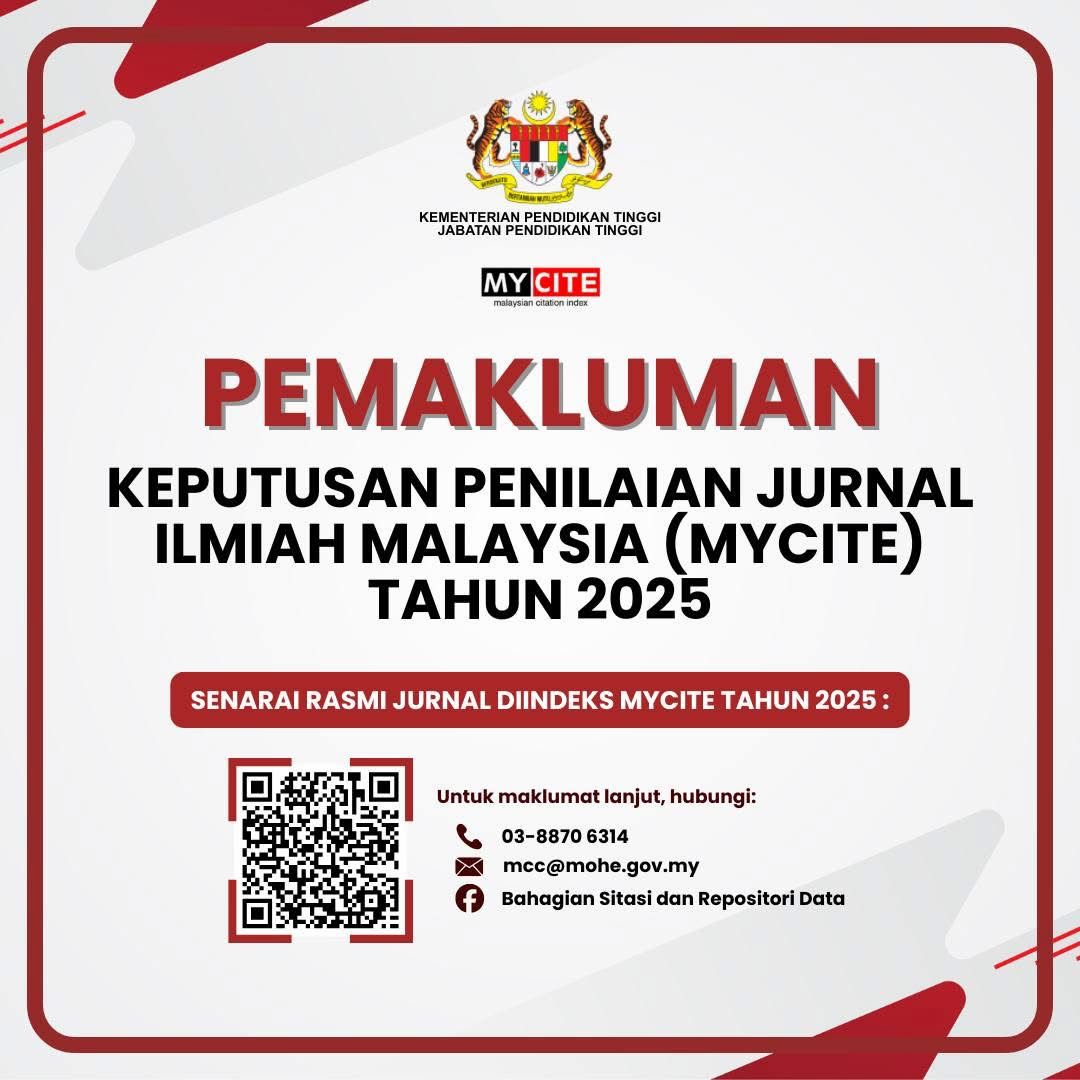The Application of Intelligent Piano Teaching in College Education
DOI:
https://doi.org/10.24191/idealogy.v8i2.432Keywords:
Intelligent piano, Intelligent function, College education, Quasi-experimentAbstract
With the advent of the age of artificial intelligence, intelligent music education is also developing rapidly. The intelligent piano is an intelligent product that combines conventional piano technology with the latest computer network technology, which indicates that piano learning technology has entered the age of intelligence. The purpose of this study is to explore the advantages of intelligent pianos, verify the effectiveness of intelligent pianos for piano skill improvement, and to investigate how to use intelligent pianos in combination with the intelligent features they offer for piano teaching to college students. Using a quasi-experimental research design, this paper provides a quantitative analysis by comparing the learning of two groups of students in different teaching, and pointed out the difference in performance between the two groups of students. The strengths and significance of intelligent piano teaching are further discussed with some recommendations for future studies.
Keywords: Intelligent piano, Intelligent function, College education, Quasi-experiment
References
Chen R. (2017). Exploring the Developmental Derivation and Universality of Intelligent Piano. Music Creation, 10, 192-194.
Chen, Jin, & Ding, Wen. (2022). Exploration of intelligent piano initiation teaching. Music World, 4, 39-45.
Cui, K. (2022). Artificial intelligence and creativity: piano teaching with augmented reality applications. Interactive Learning Environments, 1-12.
Duan, Yuanyuan. (2019). Exploring the feasibility of "intelligent piano" in piano teaching for senior teachers [Master's degree, Huazhong Normal University]. https://kns.cnki.net/KCMS/detail/detail.aspx?dbcode=CMFD&dbname=CMFD202001&filename=1019250673.nh&v=
Gang, L. (2020). Innovative Research on the Teaching Mode of Piano Group Lessons in Higher Vocational Preschool Education Based on AI. Journal of Physics: Conference Series, 1651(1), 012006. https://doi.org/10.1088/1742-6596/1651/1/012006
He, B. (2021). Video teaching of piano playing and singing based on computer artificial intelligence system and virtual image processing. Journal of Ambient Intelligence and Humanized Computing, 1-12.
Hu, Xueying. (2020). A few thoughts on teaching basic piano lessons for senior teachers. Northern Music (24), 87-89.
Huang Jiasheng. (2020). A study on the status of intelligent piano-assisted piano teaching [Master's degree, Huazhong Normal University]. https://kns.cnki.net/KCMS/detail/detail.aspx?dbcode=CMFD&dbname=CMFD202101&filename=1020138905.nh&v=
Li Heping. (1995). The practice and research of teaching piano group lessons. Journal of Shanghai Normal University (Philosophy and Social Science Edition) (03), 131-137. doi:10.13852/j.cnki.jshnu.1995.03.030.
Li, Shuai. (2019). Exploring the feasibility of intelligent piano classroom into the application of elementary school music classroom [Master, Jilin College of Arts]. https://kns.cnki.net/KCMS/detail/detail.aspx?dbcode=CMFD&dbname=CMFD202001&filename=1019222964.nh&v=
Li, Ze-Hui, & Li, Ji. (2020). Research on the design strategy of intelligent piano online teaching product based on user experience - taking KLSW intelligent piano as an example. Journal of Tongling College, 19(4), 82-87. https://doi.org/10.16394/j.cnki.34-1258/z.2020.04.018
Lin Jing. (2019). A small discussion on the advantages of intelligent piano group lessons in teaching children piano. Asia-Pacific Education, 3, 121-122. https://doi.org/10.16550/j.cnki.2095-9214.2019.03.101
Liu, Yibin. (2018). The principle of intelligent piano teaching method and its application in children's piano initiation education [Master, Hunan Normal University]. https://kns.cnki.net/KCMS/detail/detail.aspx?dbcode=CMFD&dbname=CMFD201901&filename=1018152205.nh&v=
Liu, Yuying. (2022). Education for the future - An exploration of piano education based on musical artificial intelligence. Art Review, 7, 134-137.
Qiang, D. Jia. (2018). Survey research on the current situation of intelligent piano teaching methods [Master, Hunan Normal University]. https://kns.cnki.net/KCMS/detail/detail.aspx?dbcode=CMFD&dbname=CMFD201901&filename=1018152208.nh&v=
Qiu Xiaoxiao. (2022). Research on the use of intelligent piano in the "Internet + piano art instruction course". Journal of Jilin Academy of Arts, 6, 97-101.
Shang, M. (2019). The application of artificial intelligence in music education. In Intelligent Computing Theories and Application: 15th International Conference, ICIC 2019, Nanchang, China, August 3–6, 2019, Proceedings, Part II 15 (pp. 662-668). Springer International Publishing.
Tan Xinyin. (2019). The application of intelligent piano in the teaching of piano children's initiation [Master, Nanjing Normal University]. https://kns.cnki.net/KCMS/detail/detail.aspx?dbcode=CMFD&dbname=CMFD202001&filename=1019257592.nh&v=
Tong, Zhibei. (2020). Artificial intelligence-based piano arrangement timbre recognition system design. Modern Electronic Technology, 43(4), 183-186. https://doi.org/10.16652/j.issn.1004-373x.2020.04.047
Tu, Bo, & Peng, Candlewood. (2018). Exploring the feasibility of "intelligent piano" learning format in the era of "Internet+". Piano Art, 1, 31-37.
Wan Gang. (2019). The combination and application of intelligent piano teaching and group piano lessons for senior teachers. House of Drama, 34, 147-148.
Wan Weijia. (2018). THE one:AI+piano education enters a new era. Modern Enterprise, 11, 105-106.
Wang, Qiongzi. (2020). Research on the application of intelligent piano in teaching preschool children [Master, Shandong Normal University]. https://kns.cnki.net/KCMS/detail/detail.aspx?dbcode=CMFD&dbname=CMFD202002&filename=1020031344.nh&v=
Wang, Yuli, & Zheng, Wen. (2019). Research on the innovation of teaching mode of group piano lessons based on the background of artificial intelligence. Education Modernization, 6(96), 108-110. https://doi.org/10.16541/j.cnki.2095-8420.2019.96.037
Wu Shen, Du Jie, & Dong Jinghui. (2021). Reflections on the adaptive population and models of intelligent piano education in aesthetic education. Contemporary Music, 5, 184-186.
Zhang Wei, Wang Jinlu, & Lu Xiaobiao. (2020). User experience-based interface redesign of intelligent piano APP. Journal of Beijing Printing Institute, 28(2), 52-58. https://doi.org/10.19461/j.cnki.1004-8626.2020.02.015
Zhang Yang. (2016). A study on the application of digital piano teaching in preschool education of senior teachers. Northern Music(24),201.
Zheng Ke. (2021). Research on intelligent piano group lessons in elementary school music education [Master's degree, Guizhou Normal University]. https://kns.cnki.net/KCMS/detail/detail.aspx?dbcode=CMFD&dbname=CMFD202102&filename=1021667642.nh&v=
Zhu Xiaofei, & Li Shuai. (2018). An introduction to the impact of intelligent piano on piano education. Art Education, 13, 76-77.
Downloads
Published
Issue
Section
License
UiTM Press (the Publisher) has agreed to publish the undersigned author’s paper in Idealogy Journal. The agreement is contingent upon the fulfilment of a number of requirements listed below.
1. The undersigned author warrants that the paper entitled below is original, that it is not in any way libellous or unlawful in Malaysia, that it does not infringe any copyright or other proprietary right. The undersigned hereby represents and warrants that he/she is the author of the paper, except for material that is clearly identified as to its original source, with permission notices from the copyright owners where required. The undersigned represents that he/she has the power and authority to sign and execute this agreement.
2. The undersigned author warrants that the paper entitled below has not been published elsewhere, and also it will not be submitted anywhere else for publication prior to acceptance/rejection by this Journal.
3. By submitting the paper entitled below, the undersigned author agrees to transfer the rights to publish and distribute the paper in an international e-journal (entitled above) to Publisher.
4. The undersigned author agrees to make a reasonable effort to conform to Publisher's submission guidelines and to liaise with the editor to ensure that the requirements of these guidelines are met to a reasonable degree.
5. The corresponding author signs for and accepts responsibility for releasing this material on behalf of any and all coauthors. This agreement is to be signed by at least one of the authors who has obtained the assent of the co-author(s) where applicable. After submission of this agreement signed by the corresponding author, changes of authorship or in the order of the authors listed will not be accepted.




